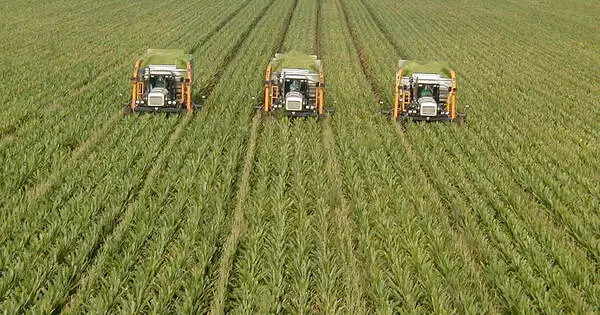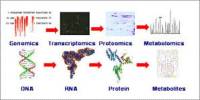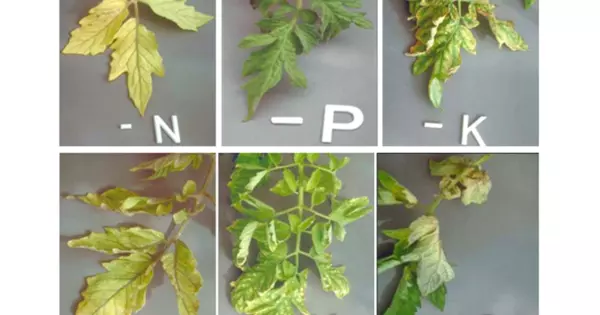Monoculture is the agricultural technique of farming a single crop species or a single variant of a crop across a wide amount of land. It is the practice of planting only one crop species in a field at a time in agriculture. Farmers in a monoculture system focus on growing one species of plant, often to maximize production, simplify management, and ensure harvest consistency.
Monoculture is extensively employed in intensive farming as well as organic farming: a 1,000-hectare cornfield and a 10-hectare organic kale patch are both monocultures. Crop monoculture has enabled farmers to increase efficiency in planting, management, and harvesting, mostly by facilitating the use of machinery in these processes; nevertheless, monocultures can also raise the danger of disease or insect outbreaks. Diversity can be added in both time and space, as with crop rotation or sequence, or in both time and space, as with polyculture or intercropping.
Continuous monoculture, or monocropping, occurs when farmers raise the same species year after year, which can result in faster development and spread of pests and diseases in a susceptible crop. The term “oligoculture” has been used to describe a crop rotation of only a few crops, which is common in many parts of the world. The concept of monoculture can also be applied to concerns about variety in urban landscapes, for example.
While monoculture has some advantages, such as efficient pest control and easier mechanization of farming practices, it also has several significant drawbacks:
- Vulnerability to Pests and Diseases: Monoculture systems are more vulnerable to pest infestations and illnesses that are particular to the crop being cultivated. This is because pests and illnesses can readily spread over the entire crop if there is no crop diversity to function as a natural buffer.
- Depletion of Soil Nutrients: Growing the same crop repeatedly can deplete the soil of certain nutrients required by that crop. This can reduce soil fertility and increase reliance on artificial fertilizers.
- Reduced Biodiversity: Monoculture systems often result in a loss of biodiversity because they eliminate the diversity of plant and animal species that would typically exist in a more natural ecosystem. This can have negative consequences for the environment.
- Environmental Impact: Monoculture can contribute to issues like soil erosion, water pollution (due to runoff of pesticides and fertilizers), and habitat loss for wildlife.
- Economic Risk: Farmers that rely on a single commodity face economic risk since market values for that crop can fluctuate drastically, causing financial instability.
In response to these concerns, some farmers and agricultural professionals urge for more diverse cropping methods, such as crop rotation and polyculture, which involve the cultivation of many crop species in the same region. These methods can help to alleviate the negative effects of monoculture while also producing a healthier and more sustainable agricultural ecology.
















